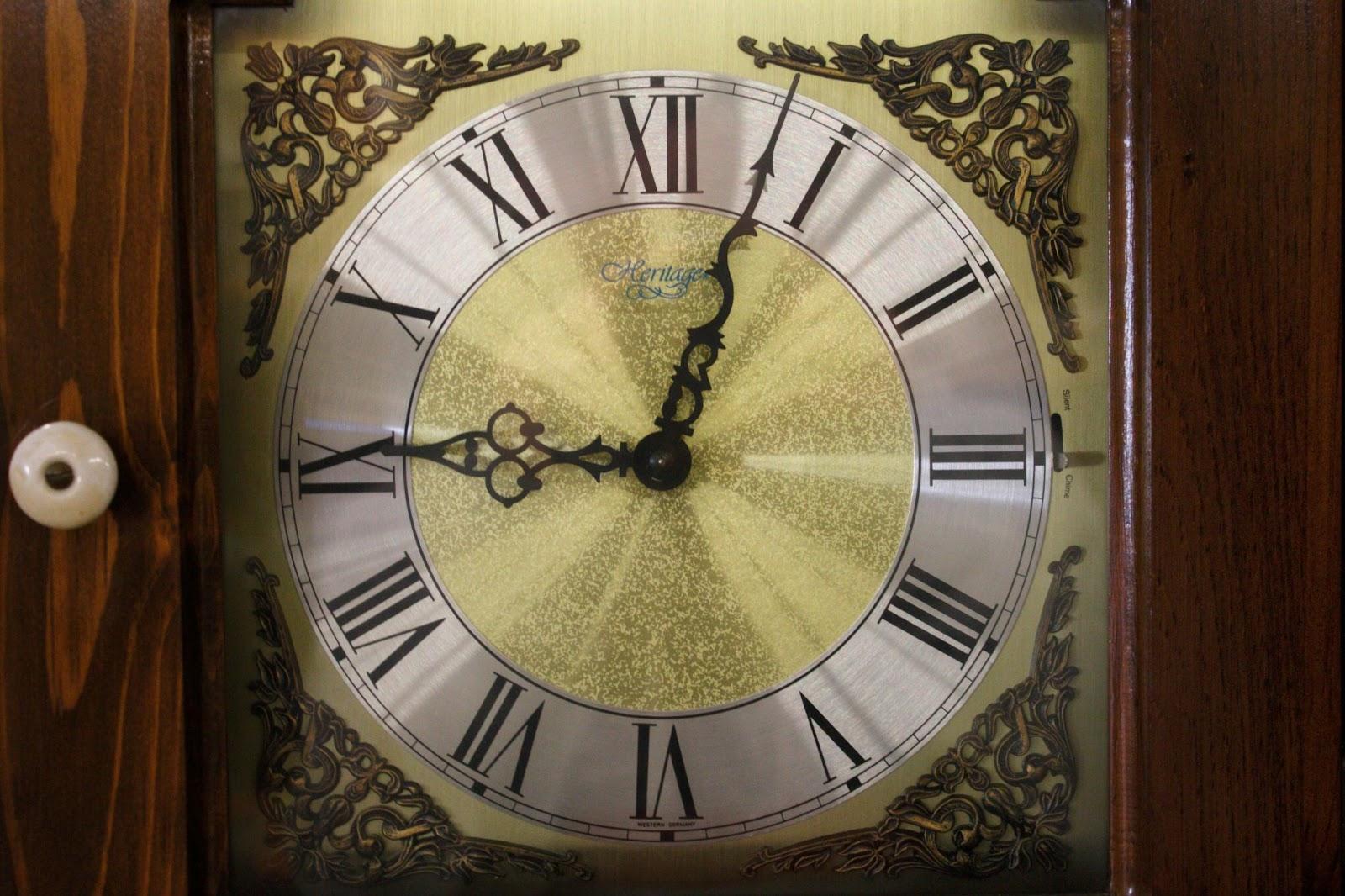Table of Contents
All You Need to Know About Windup Grandfather Clocks

Windup grandfather clocks, also known as mechanical grandfather clocks, are traditional clocks powered by a weight-driven mechanism. This type of clock requires regular winding to prevent it from randomly stopping or drying up. While winding it manually—usually every eight days—may need a bit of effort, this engagement is actually part of the clock’s character and old-world charm.
The routine creates a bond between the user and the timepiece, enabling a unique dynamic you can’t experience with automated clocks.
The beauty of windup grandfather clocks is that their form complements their function – the tall height, the glass case, the durable material, all seamlessly provide the right setting for the mechanical apparatus to do its precise work. Let us look at how.
Parts and Mechanism
Windup grandfather clocks use a system consisting of weights, gears, a pendulum, and the hands of the clock that work together in harmony. This whole apparatus is in place to ensure the clock’s time telling function works right.
Weights
When it comes to windup grandfather clocks, gravity takes a central role. The weights that elegantly hang within the clock case and under which the pendulum descends work as a silent operator. They usually come in the form of cylindrical or box brass.
Pendulum
The pendulum is the rod and bob connected to the clockworks. It is a hardware piece regulated by the clock’s escapement mechanism, allowing it to swing gracefully and rhythmically. This is what enables the clock to tick at a steady rate.
Gears and Escapement
The gravity that pulls the weights down provides the energy needed to power the clock’s inner gears. The escapement mechanism then regulates this energy in order to keep the gears turning at the right speed.
Hands of the Clock
The gears turn the hands of the clock around the clock face to show us the time. As this happens, the pendulum simultaneously swings to keep the clock ticking steadily.
How to Maintain Your Windup Clock to Ensure Peak Performance
Properly looking after your windup grandfather clock will help extend its life and ensure you can enjoy this heirloom piece for years. Of course, it takes a bit of commitment to wind it up at regular intervals.
Windup grandfather clocks require regular winding as extended periods of inactivity will cause the weights to descend to the clock floor, causing the clock to stop working.
Here are some tips to help you maintain this timekeeping treasure.
Wind it Regularly
Wind it regularly according to the manufacturer’s guideline to ensure it works smoothly and accurately. Use the winding key or crank that comes with the clock and turn it gently in the direction specified in the instruction manual.
Place it Properly
Place your grandfather clock on a level surface to keep the pendulum from swinging unevenly. Adjust the leveling screws on the base of the clock if needed. Do not place it in direct sunlight or near heat sources. Place it where there is consistent temperature.
Keep the Door Locked
Windup grandfather clocks have delicate components, so keep the door closed to prevent children and pets from touching them. Sudden movements can disrupt the balance and accuracy of the clock. Keeping the door closed and locked also minimizes dust and debris from getting into the parts.
Clean it Gently
Clean the clock using a soft, dry cloth and avoid harsh, abrasive cleaning materials. Regularly dusting it can prevent dust buildup which can affect the clock’s movement.
Check the Parts
Regularly check if the weights are properly assembled, levelers are balanced, and the clock is lubricated property. Application of oil is usually required only every two to five years for most models.
Deep Clean Every 4 or 5 Years
The movements should be deep cleaned and inspected every 4-5 years by professional clock maintenance specialists to avoid loosening of screws or loss of parts.
Custom Windup Grandfather Clocks
Choosing the right windup grandfather clock entails knowing its crucial maintenance requirements. While it is usually more expensive to maintain than battery-powered grandfather clocks, the reward of having a beautiful windup timepiece makes it worth it.
At Old Time Chimes, you also get to choose how your grandfather clock will look and sound. This way, your involvement, effort, and care form part of the clock’s form and substance, making it an even more meaningful gift to pass on to the next generation of your family.
